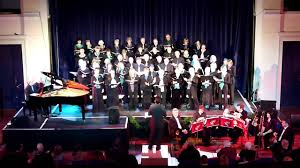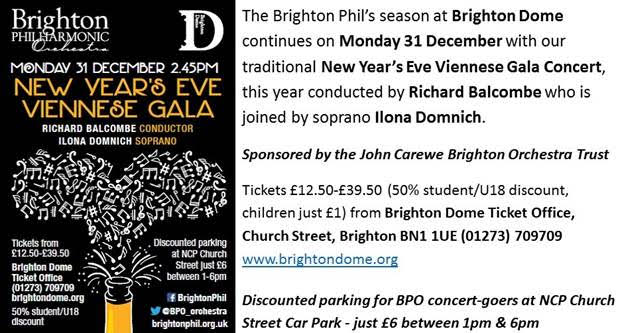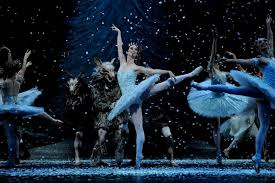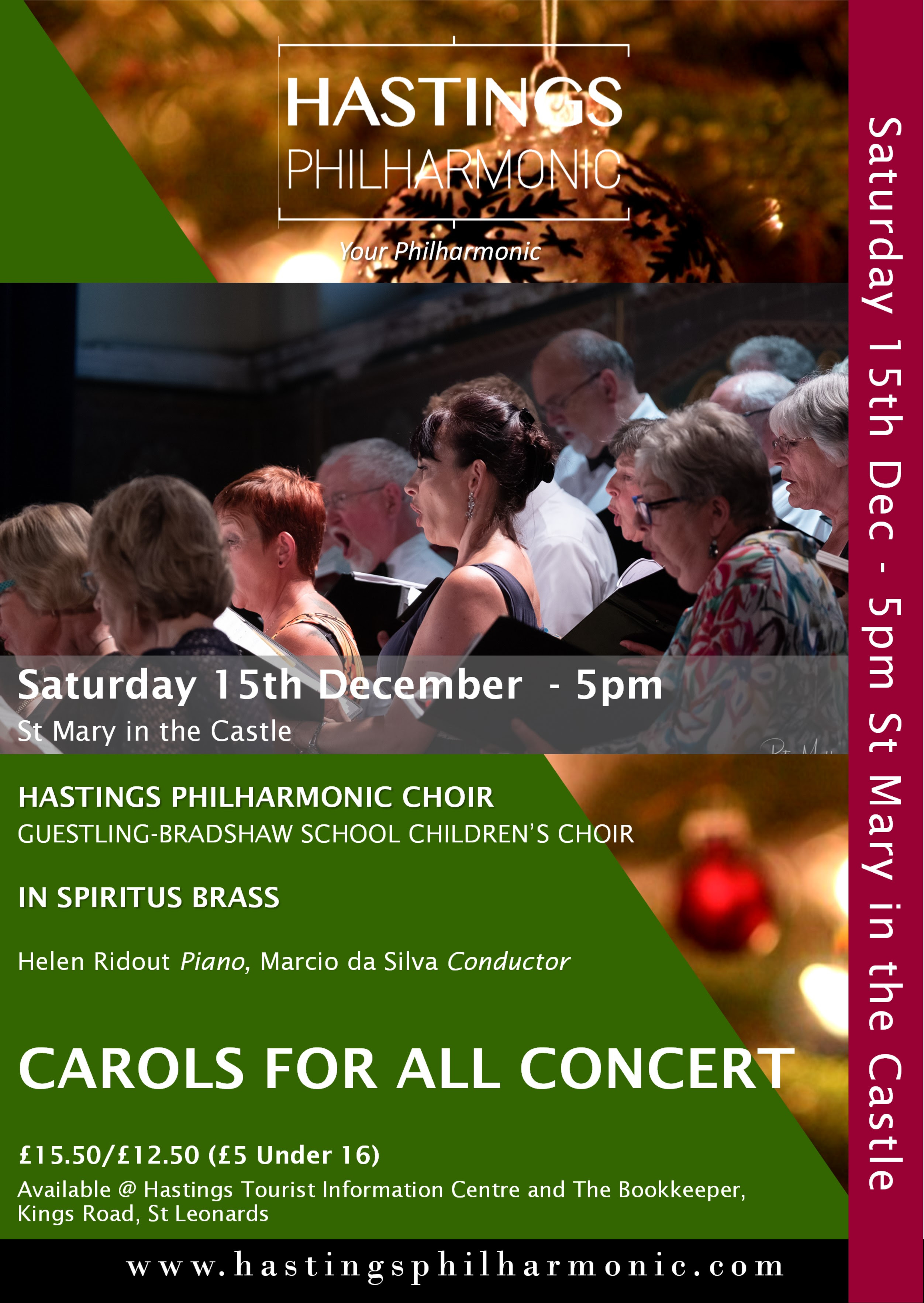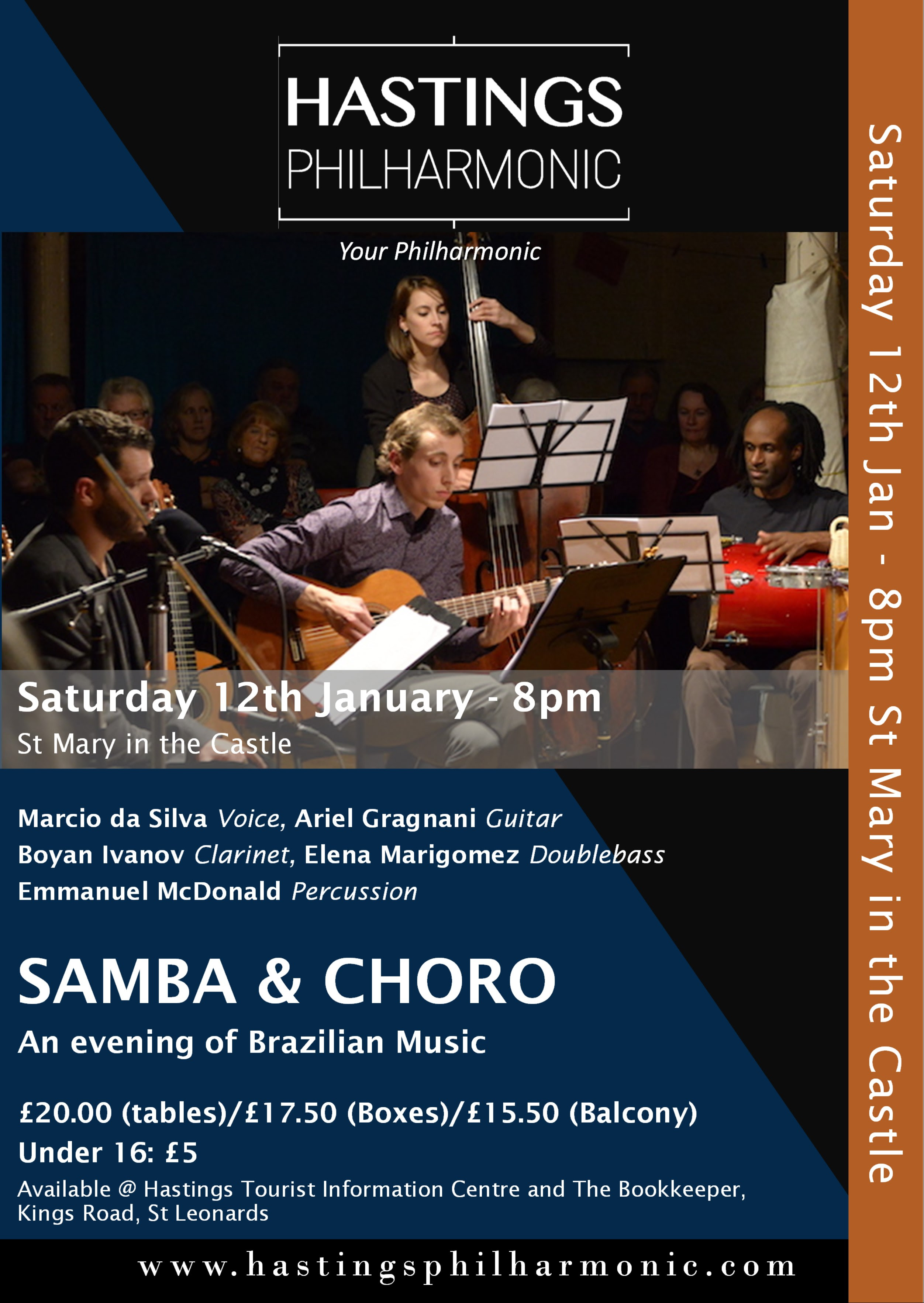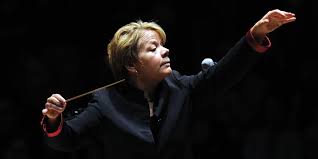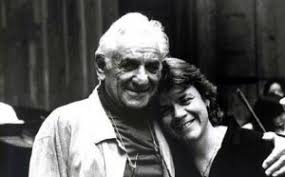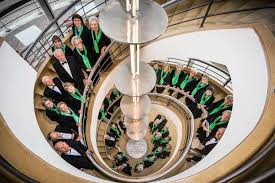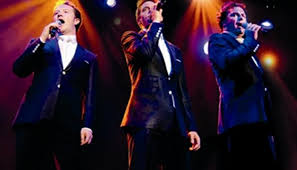Pierre Gaveaux: Leonore
Opera Lafayette, Ryan Brown
NAXOS 2.110591
While we can assume all readers will know Fidelio I doubt if many will know the earlier version by Pierre Gaveaux. What is immediately obvious is how quickly he deals with the emotional states of the characters, concentrating on the narrative rather than their inner life. Consequently the whole thing lasts less than ninety minutes and those glorious moments of introspection and emotional awareness with which Beethoven imbues his setting are here almost entirely missing. If that might imply this is not worth investigating then far from it as not only is it a perfectly workable opera in its own right (with some fine singing throughout) but also reminds us of how a genius can raise a basic story to a totally different level.
Verdi: I Lombardi
Orchestra and chorus Teatro Regio Torino, Michele Mariotti
DYNAMIC 37826
Less familiar than most of Verdi’s operas, this is a welcome addition and in a straightforward medieval production by Stefano Mazzonis di Pralafera. Angela Meade leads as Giselda with Giuseppe Gipali as Arvino and Alex Esposito as Pagano.
Mstislav Rostropovich: a film by Bruno Monsaingeon
NAXOS 2.110583
This film gives us an intimate portrait of the great cellist, with a wide range of contributors as well as additional tracks with previously unreleased performances of Tchaikovsky, Beethoven and Bach. For those who may only know him as a performer, his lifelong involvement in politics and society as a whole may be something of an eye-opener.
(Speak to me) new music, new politics
Adam Swayne, piano
COVIELLO COV91818
With most cds the liner notes may occasionally be useful but too often they are little more than a list. Not so here. The works recorded can be played and certainly enjoyed by themselves but make far more sense when heard once one is aware of the context. Adam Swayne draws us in through Gershwin’s Preludes for Piano 1926, which are delightful and deceptively easy on the ear. We then move on to Frederic Rzewski’s Four North American Ballads. Here the underpinning folk tunes emerge just enough to feel we are keeping one foot on the ground before we are launched into Amy Beth Kirsten’s (speak to me) and Kevin Malone’s The People Protesting Drum Out Bigly Covfefe. If by this point we are beginning to feel a little overwhelmed Adam Swayne returns to Morton Gould’s indulgent Boogie Woogie Etude to bring things to a joyous conclusion. These days we are frequently encouraged to ‘go on a journey’ but in this case it certainly makes sense to do so, and enjoy the trip. The acoustic is also interesting as it really does sound like a large, if empty, concert hall.
George Antheil: Symphonies No 3 & 6
BBC Philharmonic, John Storgards
CHANDOS CHAN 10982
If you don’t know George Antheil this might come as something of a surprise. While modernism was in full flood, here was a composer who deliberately retains a close hold on tonality though never in a way which feels derivative or patronising. He has very individual voice, strongly within the American tradition but one which is immediately appealing. If in doubt, listen to Archipelago, written in 1935 with strong Latin-American rhythms and a real sense of joy.
Dvorak and Suk
Eldbjorg Hemsing, violin, Antwerp Symphony Orchestra, Alan Buribayev
BIS 2246
While the Dvorak violin concerto is well played it has a great deal of competition. Thankfully what makes the recording more interesting is the inclusion of Josef Suk’s Fantasy in G minor for violin and orchestra and an arrangement of his Liebeslied Op7No1. Less familiar they may be but they come up fresh and appealing here.
Divertimento Italian: Music for Harmonium and piano in nineteenth-century drawing rooms
Andrea Toschi, harmonium; Carlo Mazzoli, piano
TACTUS TC 850004
Harmoniums are in such scarce supply these days and so rarely heard that the combination here sounds strange at first. There are many moments when the harmonium could be mistaken for a large accordion – for which many of the works here recorded could easily be arranged. Thankfully, the music itself is delightful and engaging, very much what would have been performed by amateurs on a quiet evening. Perhaps it might encourage some of that larger houses or chapels who have a lurking harmonium to dust it off and give it try with something other than gospel songs?
Thomas Tallis
Gentlemen of HM Chapel Royad, Hampton Court Palace, Carl Hackson
RESONUS RES10229
In time for Christmas, this is a pleasing disc of less familiar Tallis. The settings are all for lower voices and include the Missa Puer natus est nobis and the Mass for Four Voices. Recorded live in the Chapel at Hampton Court, the opening Suscipe quaeso Domine is particularly impressive.
Weiss in Nostalgia
Alex McCartney, Baroque lute
VETERUM MUSICA VM019
Sylvius Leopold Weiss was born is Silesia (now part of Poland) in 1686. As a professional musician he moved to Germany and ended his days in the court in Dresden. His work may be very familiar to professional lutanists but not so to a wider public. All the more welcome then this fine recording by Alex McCartney in a series which continues to impress.
Images of Brazil
Francesca Anderegg, violin; Erika Ribeiro, piano
I am not sure what I was expecting here but it was not quite what I expected. While covering a wide range of twentieth century composers and an equally wide range of styles it struck me that there was not really enough variety to engage the sympathetic listener quickly enough to retain the attention. Probably an enthusiast would find more in it than I regret I did.
Mandolino e Fortepiano
Anna Torge, mandolin, Gerald Hambitzer, fortepiano
CPO 555 112-2
Works by Jophann Nepomuk Hummel, Gabriele Leone, Porto Feliziano and Beethoven make up an eclectic but none the less enjoyable release. Using a mandolin of 1770 from Naples and a 1793 fortepiano from Munich, the sound is unique and intimate throughout. The Leone and Feliziano works are of particular interest as they sits quite comfortably alongside those of more familiar composers.
Sullivan: The Light of the World
BBC Concert Orchestra, BBCSO Chorus, John Andrews
DUTTON EPOCH 2CDLX 7356
I really wanted to enjoy this; I wanted to be able to say that the reputation Sullivan has for not writing anything worthwhile outside of the Savoy Operas was all wrong and here was the evidence. Unfortunately the reverse is true. No matter how good the singing and the strength of John Andrews conducting, there is nothing here that comes anywhere near the lighter works. The scoring sits uncomfortably between Mendelssohn and Stainer, and has neither the joy of the first nor the genuine emotional truth of the latter. Natalya Romaniw and Kitty Whately do what they can with their solos, but the chorus is often hamstrung by poor word setting and a lack of impact.
J S Bach:
Federico Colli, piano
CHANDOS CHAN 20079
The recording opens with the Partita BWV828 and moves through the familiar Concerto in the Italian style BWV971 to Busoni’s fine arrangement for piano of the Chaconne from BWV 1004. The notes include a lengthy essay by the performer analysing the transcendent relationship of the works to each other as a complete programme. This may not mean a lot to the listener, but could add to their understanding of what is in itself a fine set of performances.
Arvo Part and J S Bach
Jorgen van Rijen, trombone; Camerata RCO
BIS 2316
One would not normally put Bach and Arvo Part together, still less associate both with the trombone, but here Jorgen van Rijen makes a strong case for the combination. Part’s Fratres opens the recording and is surprisingly mellifluous, and this is followed by an arrangement of the concerto BWV 974 for trombone and strings. This pattern continues for the rest of an engaging if certainly unusual recording.

